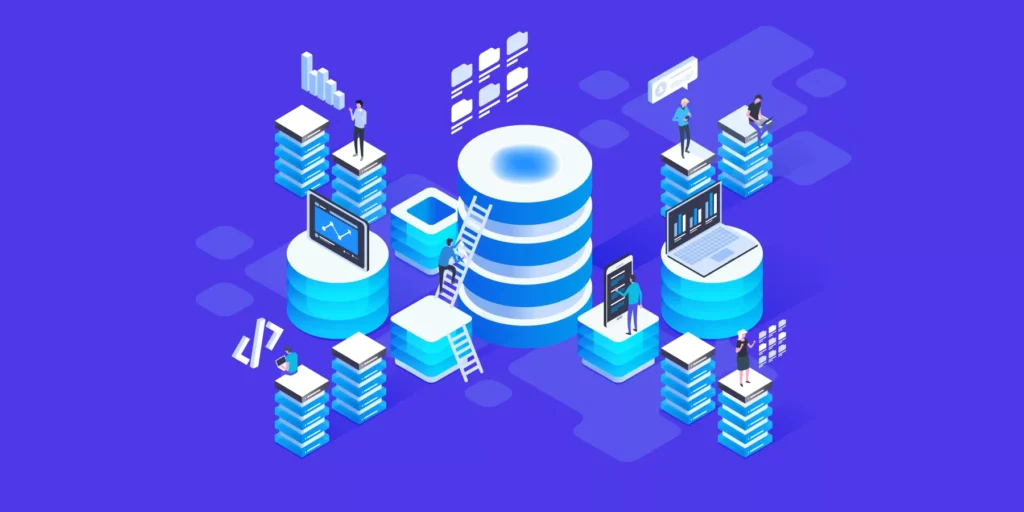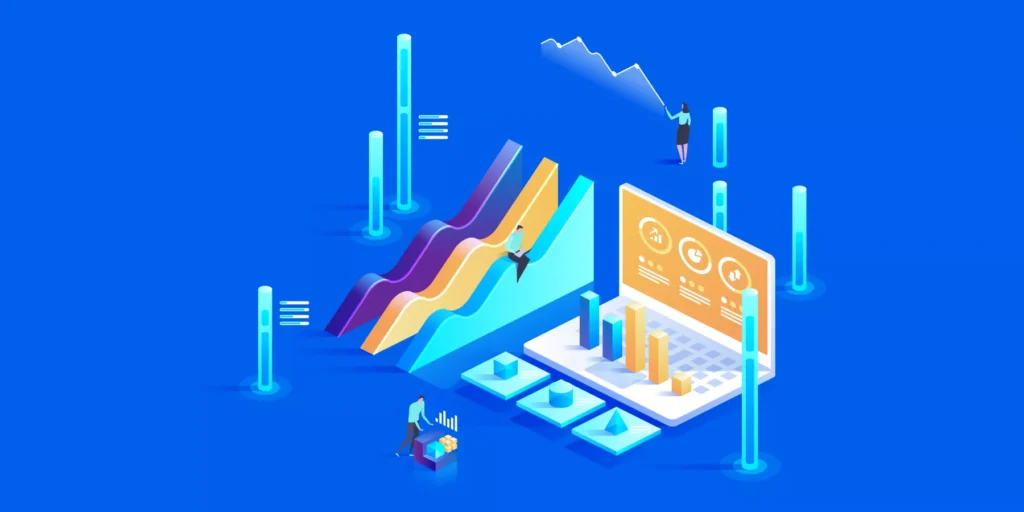If I had a dime for every time someone told me ‘cloud storage’ and ‘online backup’ (cloud backup) are the same thing, I’d be able to buy, well, that Bahamas mansion I’ve been dreaming about for ages.

You see because cloud storage is frequently referred to as ‘online backup’ and ‘online backup’ is often termed ‘cloud storage’, many people confuse these two very different technologies.
Yet, to tell them apart, you basically need to understand the main purpose of each. This is super important, especially when it comes to things like Data Loss Prevention (DLP), Data Security, and choosing the right cloud solution for your business.
What is Cloud Storage and how useful can it be?
In simple terms, Cloud Storage is a type of Cloud Computing model that allows you to store things like valuable data, files, and computing resources on remote (rather than on-premise) servers accessed via the internet (the cloud).
When it comes to cloud storage, think of it as a supplementary solution to your hard drive.
In pre-cloud times, data and computing resources were stored on hard devices, usually located on-premise.
On-Premise Storage, however, poses many challenges, especially when the amount of produced data keeps outgrowing the on-premise storage capabilities.
Cloud storage not only solves this storage issue, but also simplifies things like collaboration, accessibility, and sharing.
Below are some of the top perks of Cloud computing:
- 24/7 access to data.
- Time and cost efficiency.
- Improved scalability.
- Regulatory compliance.
- Easier file collaboration and sharing.
- More efficient Remote work.
Note: There are three main types of cloud hosting: private, public, and hybrid clouds. Understanding the difference between these types helps businesses choose the best solution based on their needs.
Popular free public cloud storage providers include Google Drive, Dropbox, Microsoft OneDrive, and MediaFire.
Today, security concerns still remain the number one roadblock to an all-perfect storage solution. That’s why businesses love GAT, the most comprehensive Cloud Security and Data Analysis toolset for Google Workspace and Chrome environments.
What is Online Backup and when should you use it?
Online backup (also known as cloud backup) is more of a disaster recovery solution than storage technology.
Think of police officers asking for ‘backup’.
Officers ask for backup when they feel that a situation warrants more than a single officer to handle. Likewise, protecting your data from things like data loss or damage requires more than one approach to achieve.
The purpose of online backup is to replicate your hard drive, rather than supplement it.
It’s like when you’ve got this really valuable document and you print out more than one copy just in case something happens to the original one.
Consider this real-life scenario for example:
A few years ago I stored all of my high-school pictures on an external hard drive that was later viciously destroyed by my nephew’s stroller. Unfortunately, I never backed up my data, and so I couldn’t recover those valuable treasures and lost them forever.
Now think about this on a bigger scale. An entire business’s build-up of resources and data is lost or damaged in one simple unforeseen incident. Yikes, right? Well, that’s when backup comes to the rescue.
Online backup ensures that files are replicated in the cloud so that you can restore everything back to the way it was in case of disaster.
Because the purpose of online backup is to help you recover your data and resources, it comes with a set of features tailored to this purpose (rather than storage).
Online backup, for example, allows you to retain your file system structure and set scheduled backups based on your business needs.
Some online backup services allow you to perform more cloud-related activities like sharing files. However, those capabilities are not always as robust as cloud storage services.
What do Cloud Storage and online backup have in common?
Both cloud storage and online backup host files in the cloud and allow you to access those files from devices connected to the Internet.
While the infrastructure is similar, what sets them apart is the purpose, which is even conveyed in the wording: ‘Storage’ and ‘Backup’.
While a general practitioner (GP) and a heart surgeon both provide medical services, each one does something completely different.
Likewise, you should deploy a cloud storage service if you want storage, and an online backup service if you want backup, or both, of course.
Insights That Matter. In Your Inbox.
Join our newsletter for practical tips on managing, securing, and getting the most out of Google Workspace, designed with Admins and IT teams in mind.







